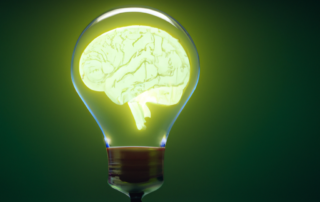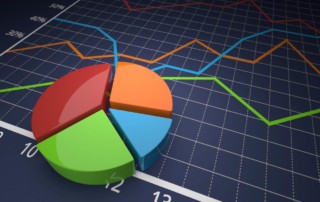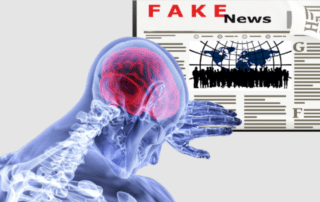Confirmation bias
Confirmation bias (Wason, 1960) occurs when people seek out or evaluate information in a way that fits with their existing thinking and preconceptions. The domain of science, where theories should advance based on both falsifying and supporting evidence, has not been immune to bias, which is often associated with people processing hypotheses in [...]







